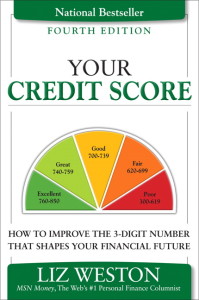Dear Liz: I am selling my car to an old friend with no credit history. (The used car salesman wanted to charge her 6.5% interest.) Is there a way that I can report her timely payments to the credit reporting services to help her build her credit?
Answer: It’s not really practical for individuals to report payments, since subscribing to credit bureaus is expensive.
The rate your friend was quoted actually isn’t bad given her lack of credit history. If she kept the loan term relatively short (four years or less), she might be able to build up enough equity and credit history to refinance it to a lower rate in a year or two.
If she’d prefer not to take that route, you might suggest she explore credit builder loans. These loans, offered by credit unions, banks and some online lenders, are designed to help establish credit histories at the bureaus. The lenders typically put the borrowers monthly payments, minus a small interest charge, into a certificate of deposit that is the borrowers to keep after the final payment.
Secured credit cards are another good way to build credit scores. Borrowers make a refundable deposit with the issuing bank and get a credit line that’s typical equal to that deposit.

